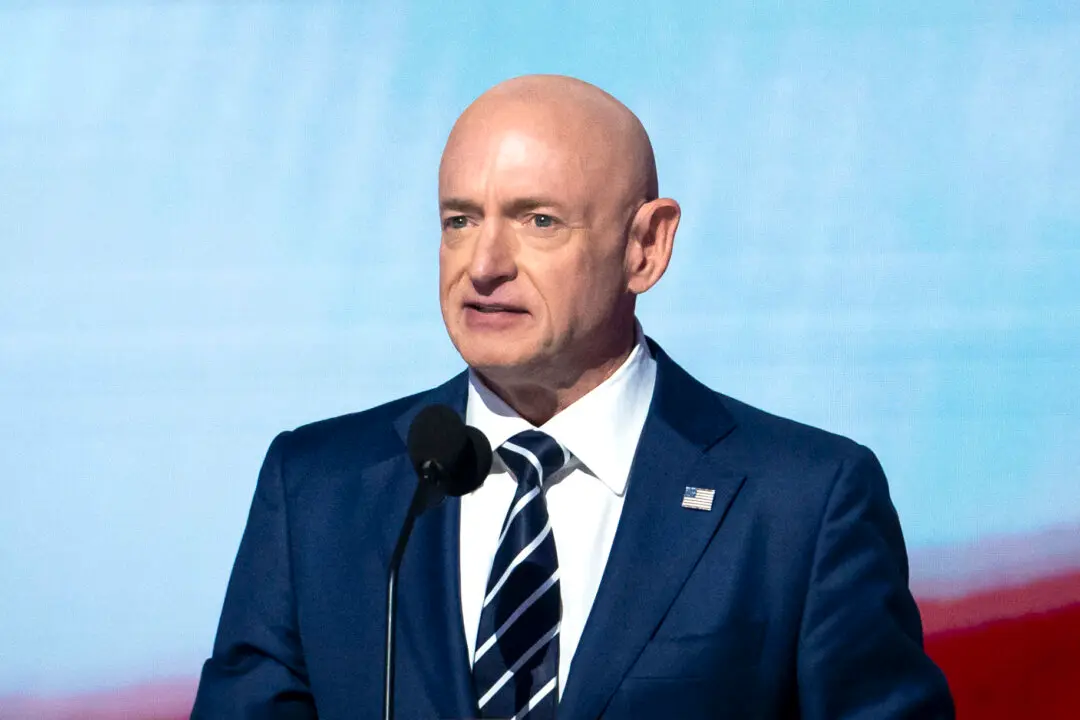WASHINGTON—A federal judge in Washington blocked President Donald Trump’s administration on April 4 from firing the leadership of the InterAmerican Foundation (IAF) and canceling most of its grant contracts.
U.S. District Judge Loren AliKhan delivered her ruling after an April 2 hearing that covered requests for injunctions in two lawsuits—one on behalf of the foundation’s president, Sara Aviel, and the other brought by a group of Latin American-based nonprofits.






